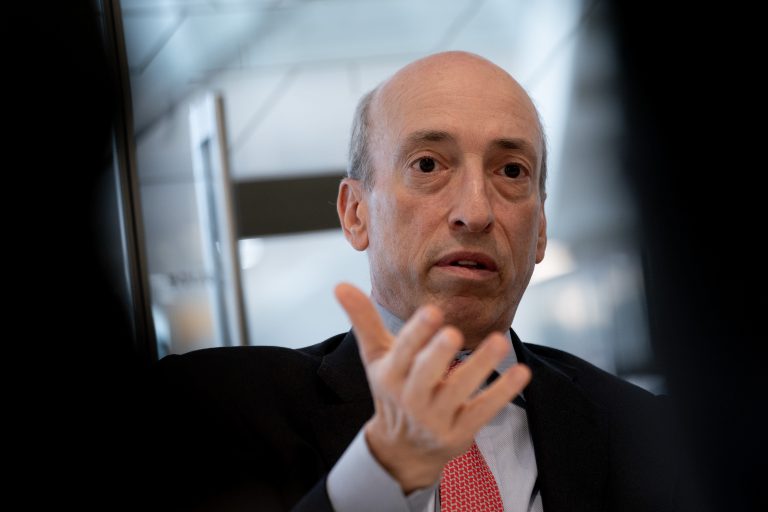They changed because the SEC lost a key court case last August: The US Court of Appeals for the D.C. Circuit held that the Commission failed to adequately explain its reasoning when it rejected Grayscale's proposed Bitcoin ETF.
Gensler was forced to surrender, but not on all fronts.
For starters, he is involved in several ongoing legal battles with the cryptocurrency community. The conflicts are based in large part on his claim that most crypto assets are securities that fall under the jurisdiction of the Securities and Exchange Commission.
In his statement, Gensler gave no indication that he was changing his approach on the subject:
“Nor does the approval indicate anything about the Commission’s views regarding the status of other cryptoassets under the federal securities laws or about the current status of non-compliance by certain cryptoasset market participants with the federal securities laws. As I have said in the past, and without prejudging any As a crypto asset, the vast majority of crypto assets were investment contracts and therefore subject to the federal securities laws.”
Will Bitcoin ETFs make Wall Street — telecom companies and financial advisors — more willing to recommend the cryptocurrency to clients and allow it to trade on their platforms?
Perhaps, but Gensler explained that brokers and dealers will have to abide by the current rules:
“Furthermore, existing rules and standards of conduct will apply to the purchase and sale of approved products [exchange traded products]. This includes, for example, a best interest regulation when broker-dealers recommend exchange-traded products to retail investors, as well as a fiduciary duty under the Investment Advisers Act for investment advisers.
The Best Interest Regulation requires brokers and dealers to act in the best interests of their individual clients when making investment recommendations. These recommendations must be “right” for the client.
This is a potential investment minefield for investment advisors, and will likely prevent many advisors from recommending Bitcoin for some time.
Finally, Gensler couldn't help but take a parting shot at Bitcoin in general:
“Although we are neutral, I would point out that the underlying assets in exchange-traded metal products have consumer and industrial uses, while in contrast, Bitcoin is primarily a speculative and volatile asset that is also used for illicit activities including Ransomware, money laundering and sanctions.” Evasion and terrorist financing. “While we have approved the listing and trading of certain spot Bitcoin shares traded on today’s exchange, we have not approved or endorsed Bitcoin.”

